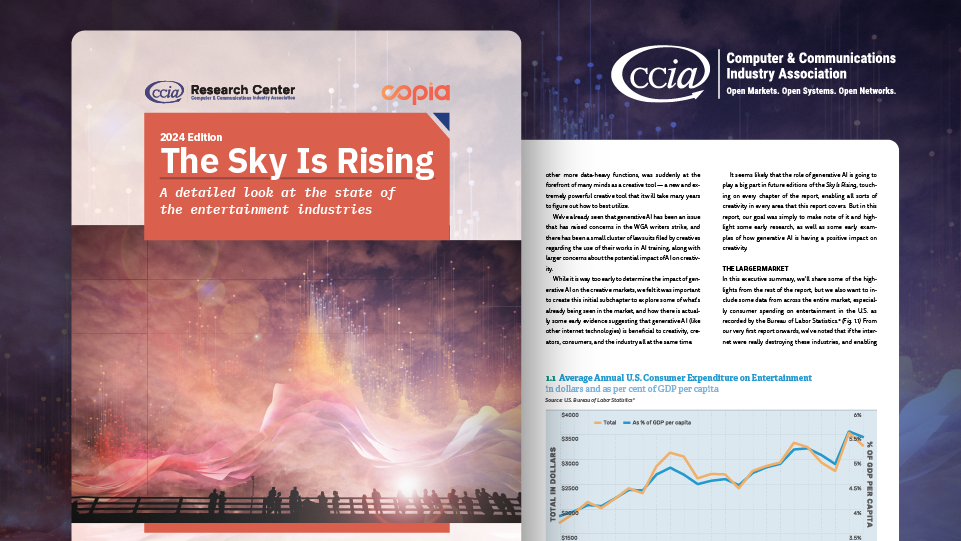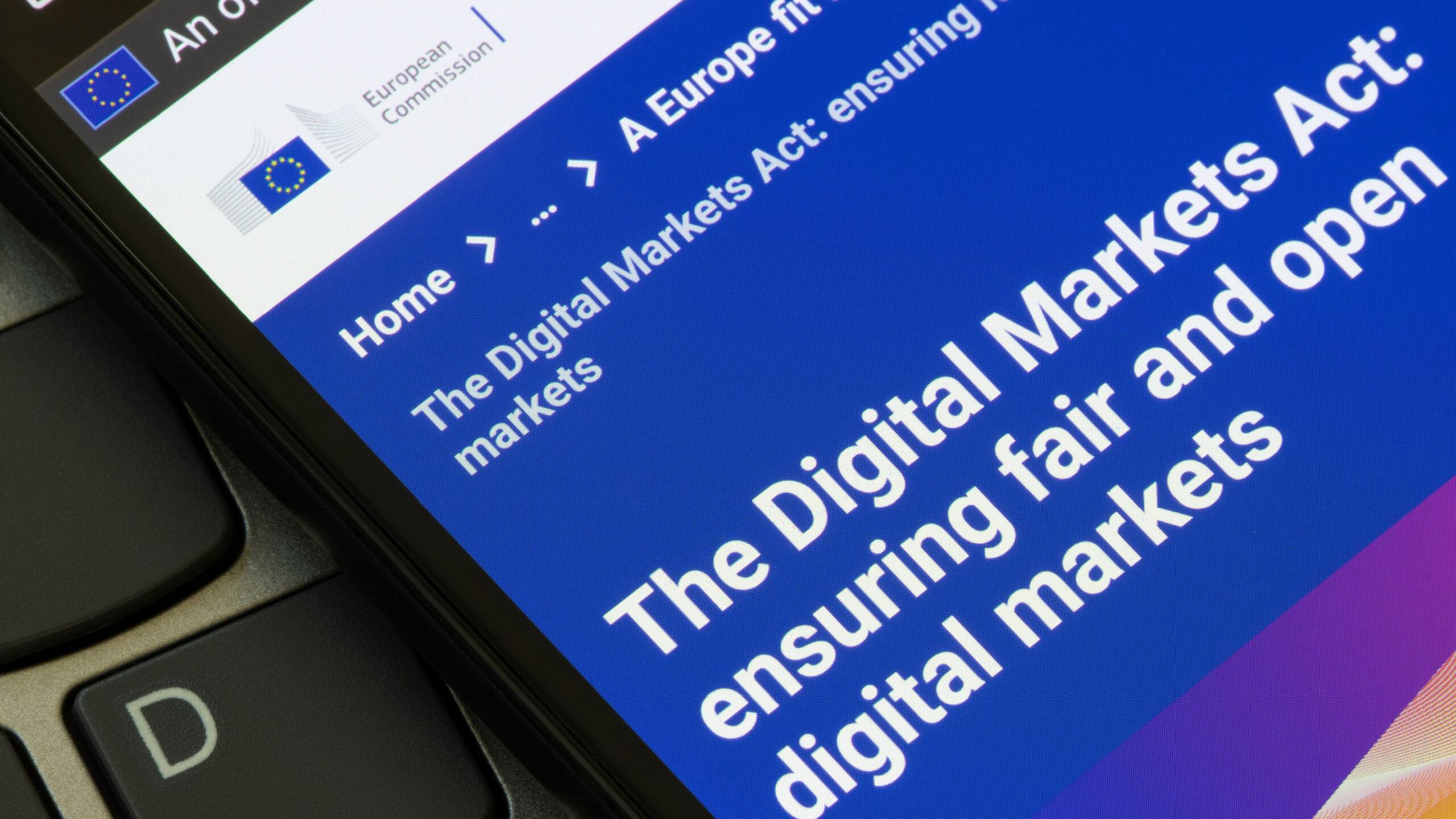Netflix Oscar Nod Shows An Industry Undergoing Change
For the first time in history, Netflix has earned its first Oscar nomination in the Best Picture category with Alfonso Cuarón’s Roma. The film landed 10 nominations in total, including actress in a leading role, original screenplay and foreign-language film. While this may have been the first time Netflix has managed to break into the Best Picture category, it has already cracked other Oscar categories with its film Mudbound last year.
What makes Netflix’s Oscars nominations so remarkable? For the film industry, the legitimacy of a film is directly correlated to that of its theatrical distribution. That means, in essence, that for an online streaming service like Netflix, which ties any theatrical release of its original films simultaneously with that film’s online debut, eligibility for many major awards is out of the picture. Despite these limitations, Netflix continues to transform the film industry with another handful of Oscar nominations, potentially changing the entertainment world for years to come. While Netflix’s nominations have invoked some criticism, Netflix’s business model is favorable to consumers in the following ways:
- More Variety on the Big(ger) Screen
Major studios have increasingly been persistent in producing only certain types of films — namely, “bankable, mega-budget movies” like certain film franchises (e.g., The Avengers and The Fast and the Furious). This has traditionally left directors with limited options: either make a superhero movie, or take their chances at Sundance. But with Netflix, a whole new door has opened for creativity, variety and novelty in storytelling. Roma’s director, Cuarón, for example, praised the opportunity he was given to envision his movie, a movie which otherwise may not have been as widely viewed or even produced in the first place if not for non-traditional avenues such as Netflix:
I made a movie that on paper seems very unlikely and very difficult. It’s a drama, it’s not a genre film, it’s black-and-white, it’s in Spanish and Mixtec. When it was presented, the actors were not recognizable. It was like something that could have ended in just one theater in LA, and one theater in New York, and one theater in several cities around the world. Does Netflix have anything to do with this presence? Yes, they have a lot to do with this presence.
Major studios seem to be satisfied with repeating the same stories while achieving limited success with consumers due to their unwillingness to take risks and produce fresh narratives (examples include Sony’s Ghostbusters, Warner Brothers’ DC Comics with a repeat feature of Batman and Superman, and Lionsgate’s Power Rangers). When these established studios limit their narratives, streaming services like Netflix fill in that gap so that consumers may experience the journeys of individuals whose stories have yet to be told.
- New Data Analytics Allow Production to Tailor to Consumer Tastes
Enrique Dans, a contributor at Forbes, argues that one of the reasons for Netflix’s success is due to its data analytical model. According to Dans:
The latest Netflix series is not being made because a producer had a divine inspiration or a moment of lucidity, but because a data model says it will work. In that sense, Netflix is a 21st century analytical model, while Hollywood is still stuck in the 20th century.
Therefore, instead of blindly relying on pilot episodes to predict the likelihood of a show’s success and wasting valuable funds on potentially fruitless projects the way traditional studios do, the streaming service leverages its data to predict what consumers like. This strategy pays off, with Netflix having produced hit shows such as Orange is the New Black and House of Cards, both of which have won numerous awards. One of the original characters on House of Cards remarked on Netflix’s confidence in its data:
We went out to all the major networks with House of Cards, and every single one was interested in the idea, but every single one wanted us to do a pilot first. Netflix was the only company that said, ‘We believe in you. We’ve run our data, and it tells us our audience would watch this series’.
Netflix’s successes in producing materials that consumers enjoy based on data analytics can serve as guidance to an industry reluctant to change. Financial resources can be allocated more efficiently using data analytics instead of spending funds on productions whose potential popularity is based primarily on guesswork, and the probability of producing features that consumers enjoy will likely increase.
- Online Streaming Allows for More Equal Access and Wider Viewership
The preferences of the film industry have been to distribute movies in theaters. This stands in contrast to Netflix’s practice, which only allows its original films to play at theaters at the same time they are available to stream online. However, the way of viewing movies favored by theater owners and studios restricts equal access and limits viewership to films in two pertinent ways.
Firstly, while people in major cities can easily walk twenty minutes to a nearby AMC or Regal Cinema, the entertainment industry fails to consider those who cannot access a movie theater as readily or at all, either because of socioeconomic reasons, geographic locations, or very often both. Marina de Tavira, who is an actress in Roma, puts it succinctly when she says:
You look at places around the world, like the towns in Mexico where some of the other actors are from, places where you have to drive four hours to get to the nearest movie theater. Putting it on Netflix gives the most people the best chance to see it.
Secondly, reports by the National Association of Theatre Owners show that an average ticket price for a movie in 2017 was $8.97. A Netflix subscription, on the other hand, averages between $8.99 for one screen per month to $15.99 for four screens per month. Assuming that a monthly subscription for one screen is for one person, and four screens is for four people, an individual would be paying between as little as $47.97 a year ($15.99 divided by four, and then multiplied by twelve) and at most $107.88 a year ($8.99 multiplied by twelve) to watch a limitless number of films on the streaming service. For the same amount of money, an avid movie theatergoer would only be able to watch between five to twelve films a year. A Netflix subscription therefore encourages a wider viewership, as consumers under the same budget constraints have the opportunity to watch more films than a traditional theater customer does.
As such, online streaming allows for a wider audience overall, so that entertainment is not just for those who are geographically fortunate to be near a theater or those who have unlimited resources to watch as many films as they’d like. It accommodates both the underprivileged and the privileged consumer.
Innovative companies like Netflix threaten existing models and can be the subject of fierce criticism for challenging the status quo, but this type of trailblazing benefits everyday consumers in various ways. If Netflix’s Roma does manage to secure a win at this year’s Oscars, it may signal a new era for the entertainment industry, and force the industry to re-evaluate what it means to produce award-winning features in the 21st century. Nevertheless, Netflix’s Oscar nominations suggest the tides of change are imminent.








